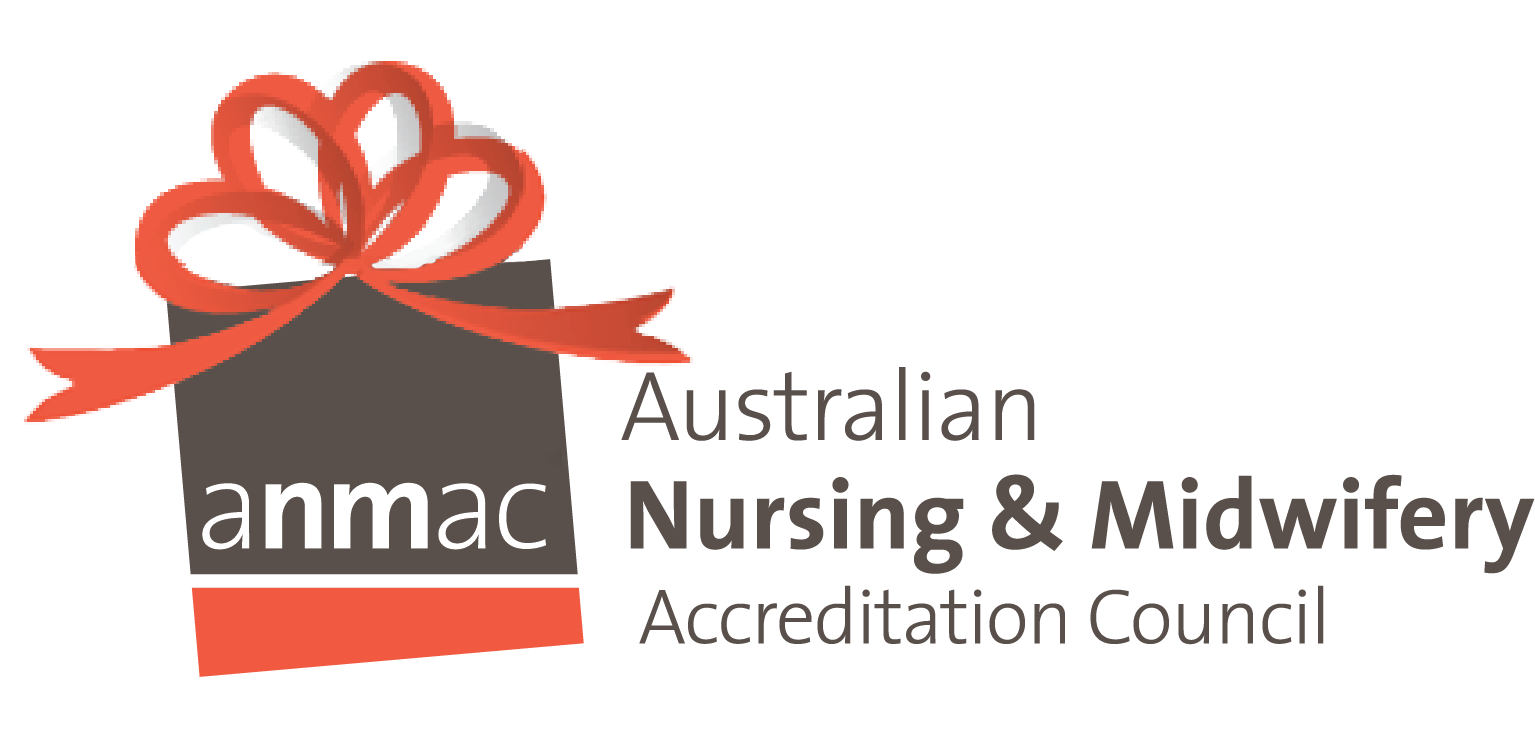Academic staff will usually be expected to hold a qualification one level higher than the program they're teaching. Exceptions can include pharmacy, law, and specialty areas of nursing, midwifery or Aboriginal and Torres Strait Islander health.
On this page
Introduction
These requirements apply to all education providers wanting to gain accreditation for nursing and midwifery programs of study.
They apply to staff who, as part of the curriculum:
- teach
- design
- deliver discipline-specific components.
Current requirements for the qualifications of academic teaching staff
When the Registered Nurse Accreditation Standards went through an update in 2012, a change was made to a criterion relating to teaching staff qualifications. This change is now relevant to all ANMAC accreditation standards, and is being included in each standard as it's updated. Until this criterion is updated in each standard, you can find it here on the website so you have access to the most up-to-date version:
Staff with responsibilities for academic oversight and those with teaching and supervisory roles in courses or units of study are equipped for their roles in the following ways.
- Staff must possess a knowledge of contemporary developments in the discipline or field, which is informed by continuing scholarship, research and advances in practice
- Pedagogical knowledge and skills in contemporary teaching, learning and assessment principles that enable staff to understand the requirements of a curriculum, meet the learning needs of students and fulfil their role as educator and
- Possess a qualification in a relevant discipline, at least one level higher than the course of study; or equivalent relevant academic or professional or practice-based experience and expertise.
- For staff teaching in an entry to practice Masters program, this requires a relevant post-graduate qualification or equivalent professional experience.
What this means for education providers
Academic staff will usually be expected to hold a qualification that is one level higher than the program they're teaching. For Master entry programs, academic staff need to have a minimum Master qualification but do not need a PhD.
There is an exception for special circumstances where a staff member is teaching subjects such as:
- pharmacy
- law
- specialty areas of nursing, midwifery or Aboriginal and Torres Strait Islander health.
In these cases, a staff member can teach if they have both of the following:
- a qualification at the same level as the program they're teaching
- have professional experience in a specific subject area.
This also applies to academic staff teaching as part of a graduate-entry accredited nursing and/or midwifery program. They should have, or be working towards, a relevant post-graduate qualification. But in special circumstances, a staff member can teach if they have both of the following:
- a Bachelor's degree
- extensive professional experience in other specific subject areas.
More information
You can get a deeper understanding of the requirements by also reading the relevant Accreditation Standards, as well as:
